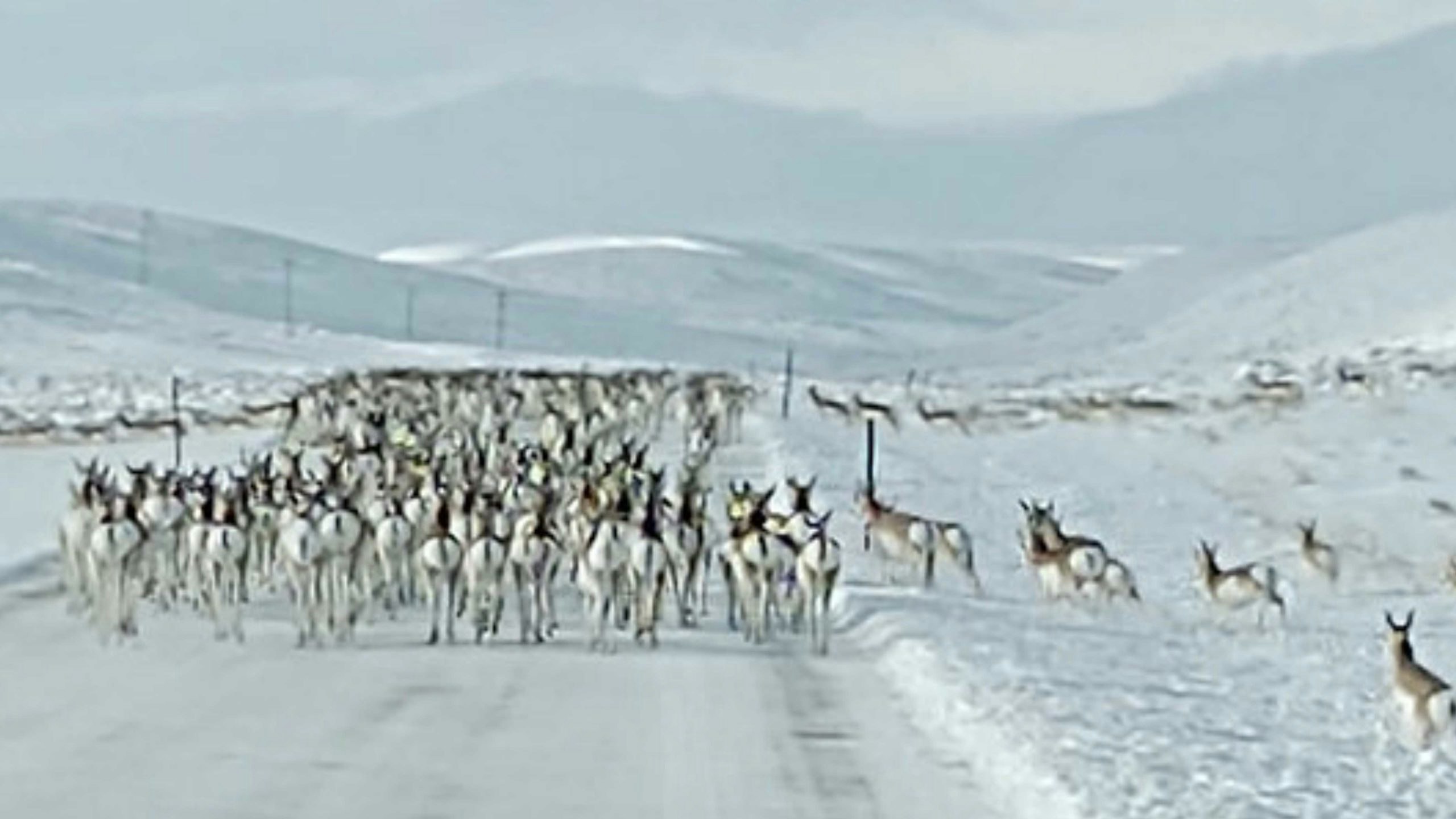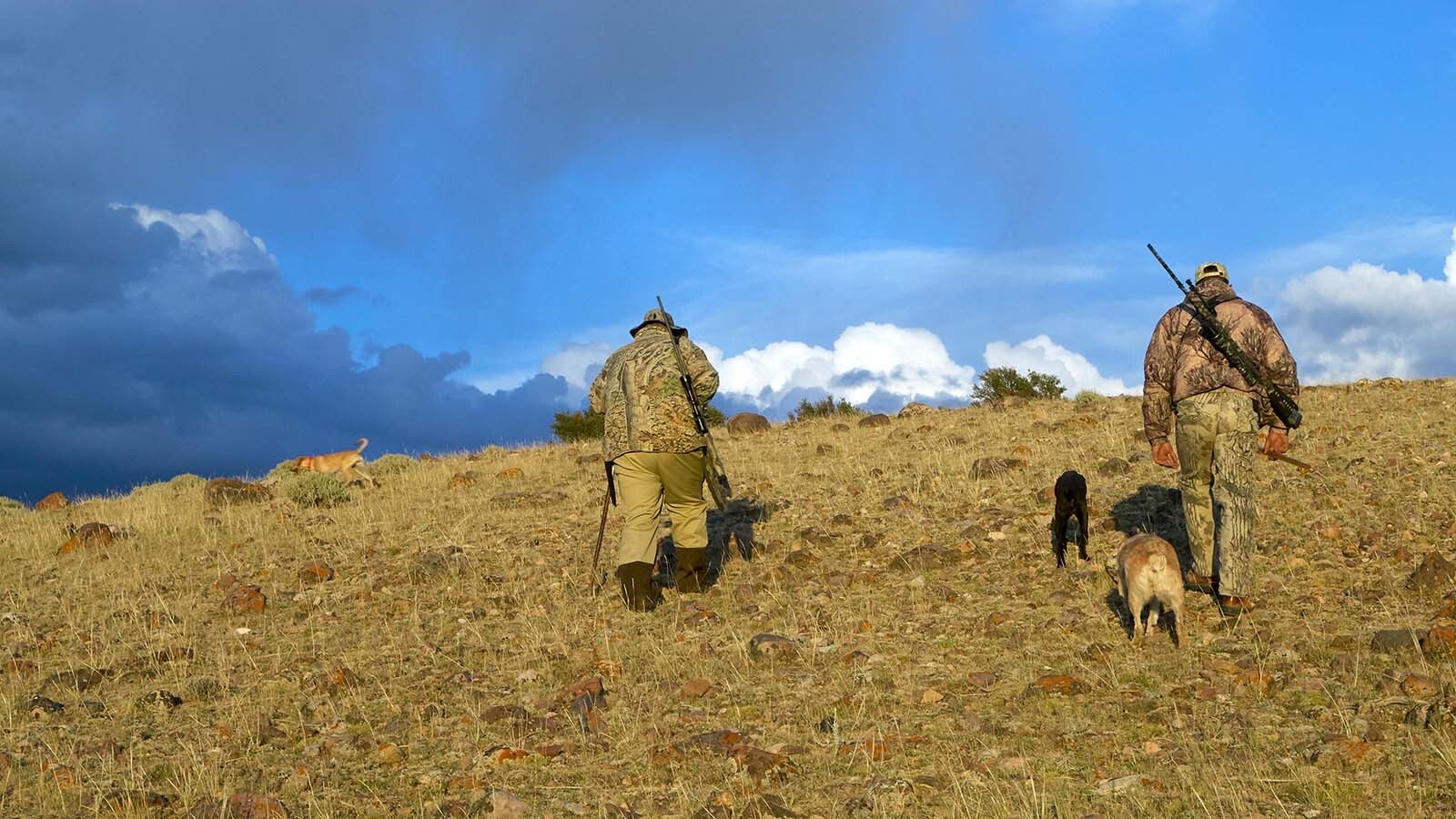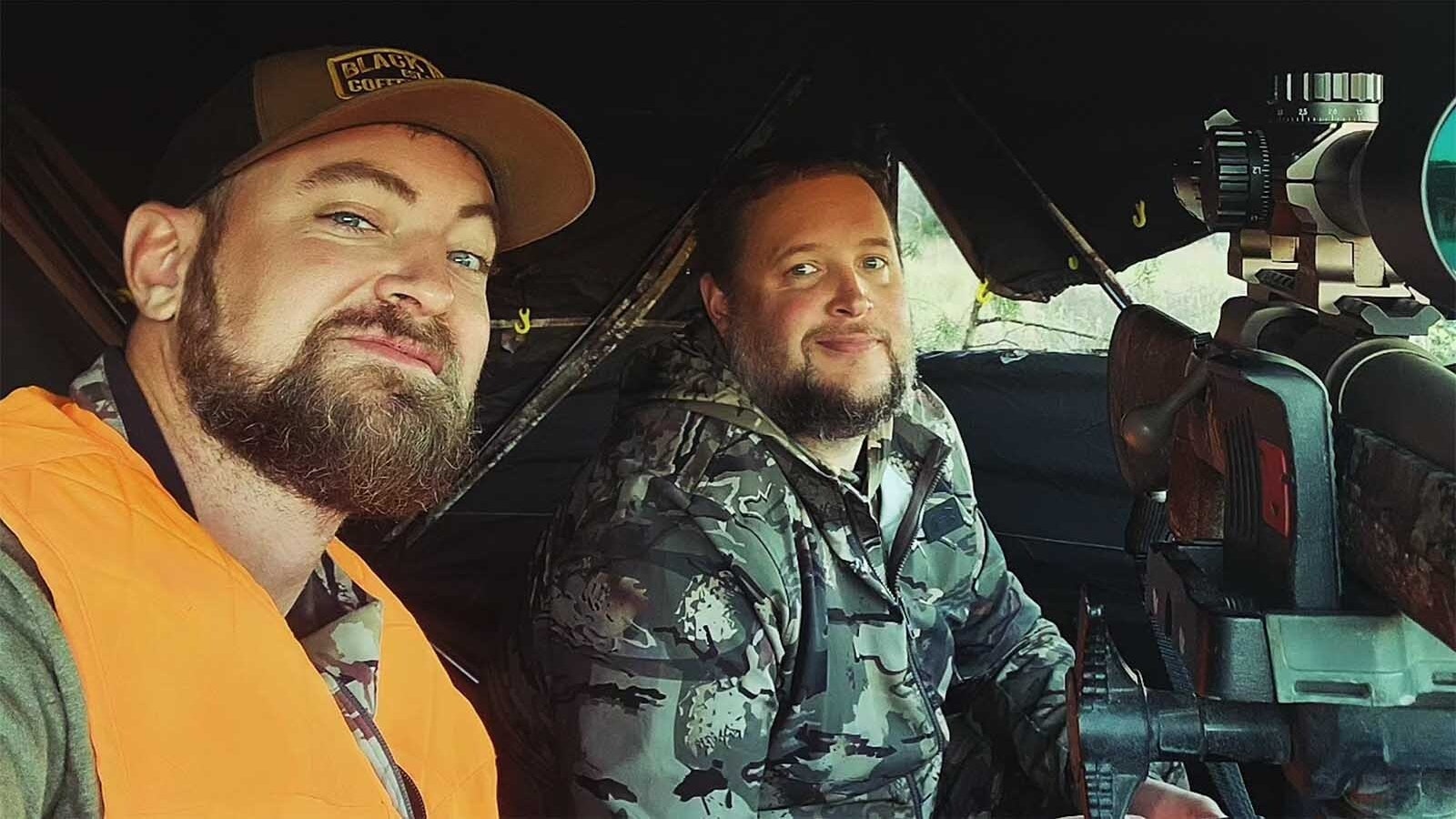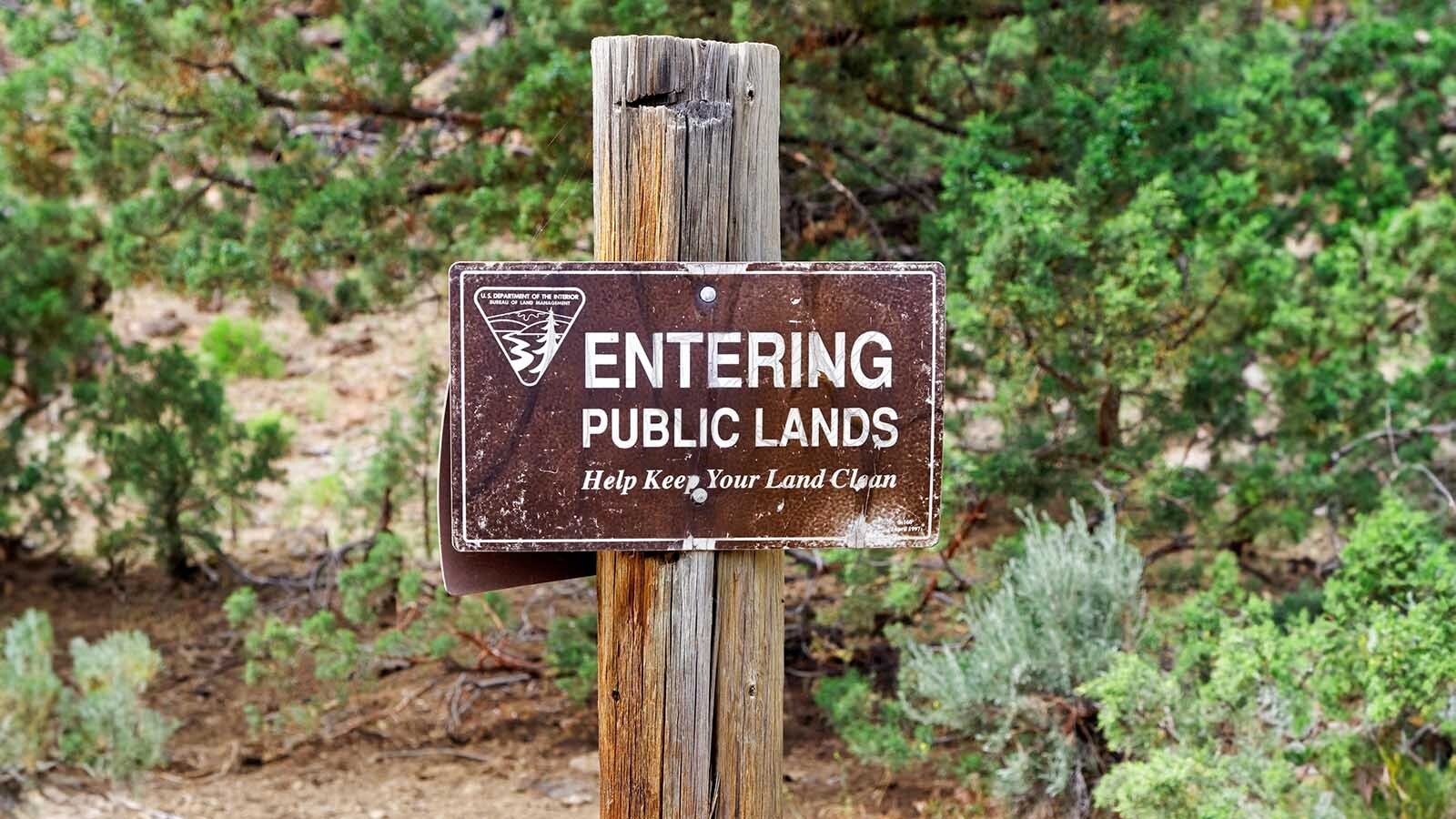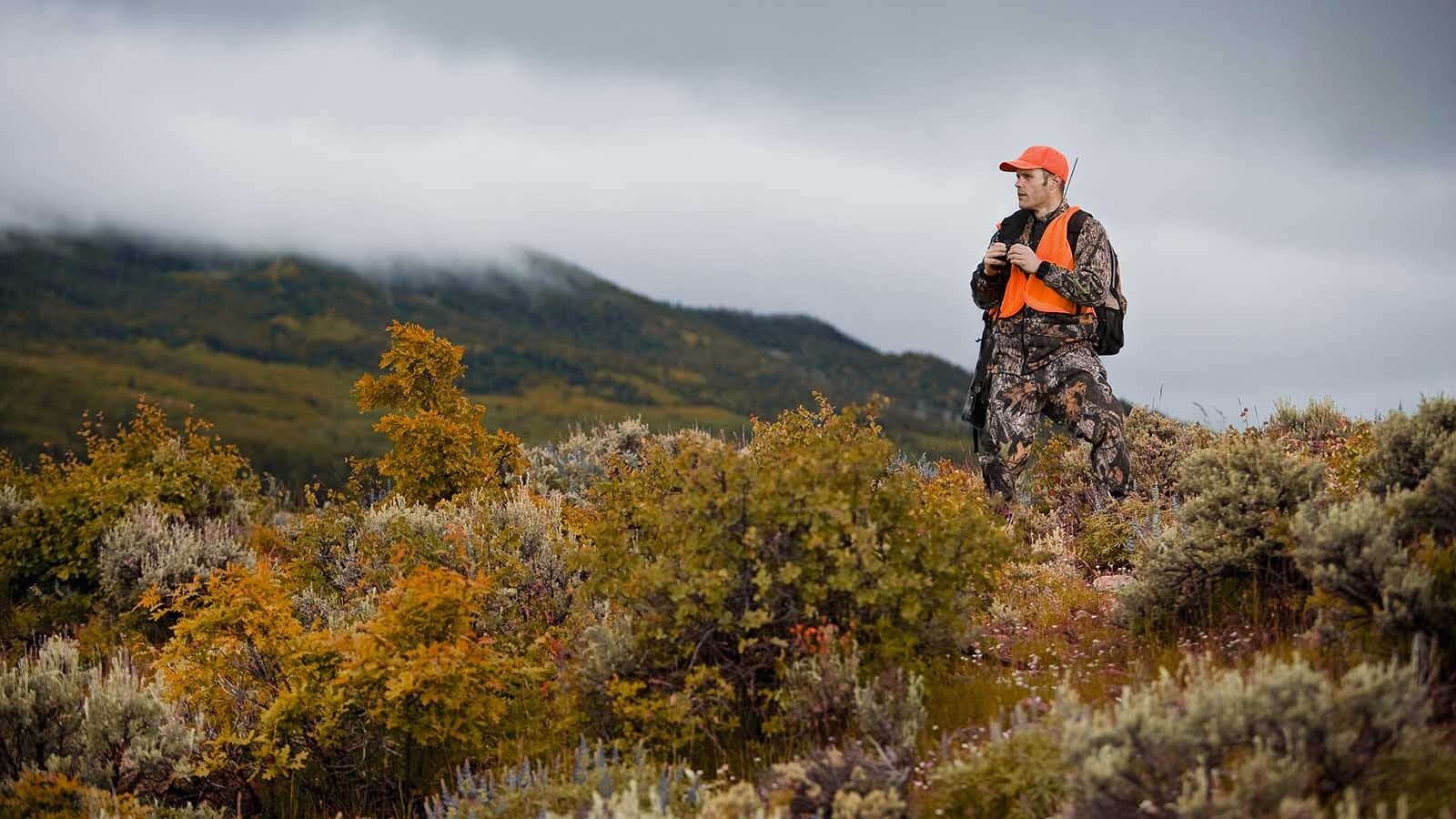Dramatically raising prices for some nonresident hunting tags is justified because of Wyoming’s status as a prime hunting destination, says a proponent of putting a premium price on the Cowboy State’s premium experience.
“Wyoming is the Saudi Arabia of Antelope. We are the gold mine of antelope, we have that resource more than anybody else in the world,” Sy Gilliland told the Wyoming Senate Travel, Recreation, Wildlife and Cultural Resources Committee on Thursday.
Gilliland is president of the Wyoming Outfitters and Guides Association and a former member of the Wyoming Wildlife Task Force. The Task Force, which met for the last time in December, recommended the nonresident hunting tag fee hikes in Senate File 60.
The committee voted to forward the bill to the full Wyoming Senate with an amendment that includes proposed hikes to hunting tag fees for Wyoming’s “Big 5” trophy game species: bison, moose, Rocky Mountain bighorn sheep, Rocky Mountain goats and – if federal protections are removed for them – grizzly bears.
‘Market Value’
The bill proposes raising the price for “special draw,” or top priority, nonresident big game hunting tags by up to 200%. Proponents say that will bring Wyoming’s prices in line with regional market values and reflect the demand for those tags.
For example, demand for elk tags is “off the charts,” Gilliland said, with up to 32,000 hunters applying for 7,250 nonresident tags.
Demand for special draw nonresident tags has been increasing, Wyoming Game and Fish Department License Section Manager Jennifer Doering told the committee.
In 2018, there were roughly 15,000 nonresident special draw tag applications, she said. In 2022, there were 23,500.
60-40 Split
All hunters – Wyoming residents and nonresidents – must apply early and pay in advance for hunting tags in limited quota hunt areas for elk, deer and antelope. Those who don’t draw tags have their money refunded, minus an application fee.
Nonresident applications are split into two tiers, with 40% going into the more expensive special draw categories. The other 60% pay regular price. The 40% in the special draw have better chances of getting their tags.
Under the bill, for those first-in-line 40% of nonresidents, fees would jump nearly 118% from $576 to $1,258 for elk tags. Prices would go from $288 to $826 for deer (a 187% jump) and from $288 to $874 for antelope, the largest hike at 203%.
Favors Outfitters, Wealthy Hunters?
Most who testified for the committee favor the bill.
However, hunter and southwest Wyoming resident Mike Schmid said with the Game and Fish Department enjoying a healthy budget, now isn’t the time to raise fees.
“This bill is going to take a lot of the working-class men and women out of the running (for non-resident tags),” he said, adding it could tip things in favor of outfitters and their wealthy clients.
The lower-priced 60% of tags should still give plenty of opportunity for nonresidents with more modest means, Wyoming Wildlife Federation (WWF) spokeswoman Jess Johnson told the committee.
She said the WWF “usually go neutral on tag fee proposals,” but favor this bill.
‘Big 5’ Included
The committee also accepted an amendment to the bill recommended by the Wildlife Task Force to include nonresident tag fee increases for the Big 5. Tags for those trophy game species are extremely difficult to draw, and most hunters consider them a once-in-a lifetime opportunity.
Nonresident prices would be $7,500 for grizzly tags, $6,000 for bison, $3,000 for mountain goats and bighorn sheep and $2,750 for moose.

